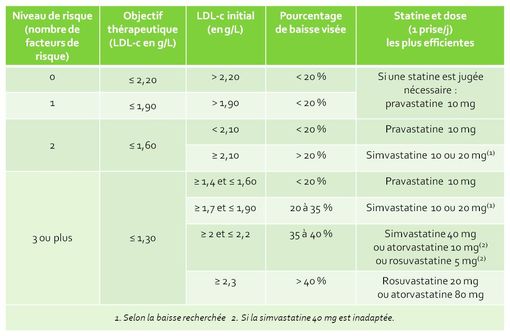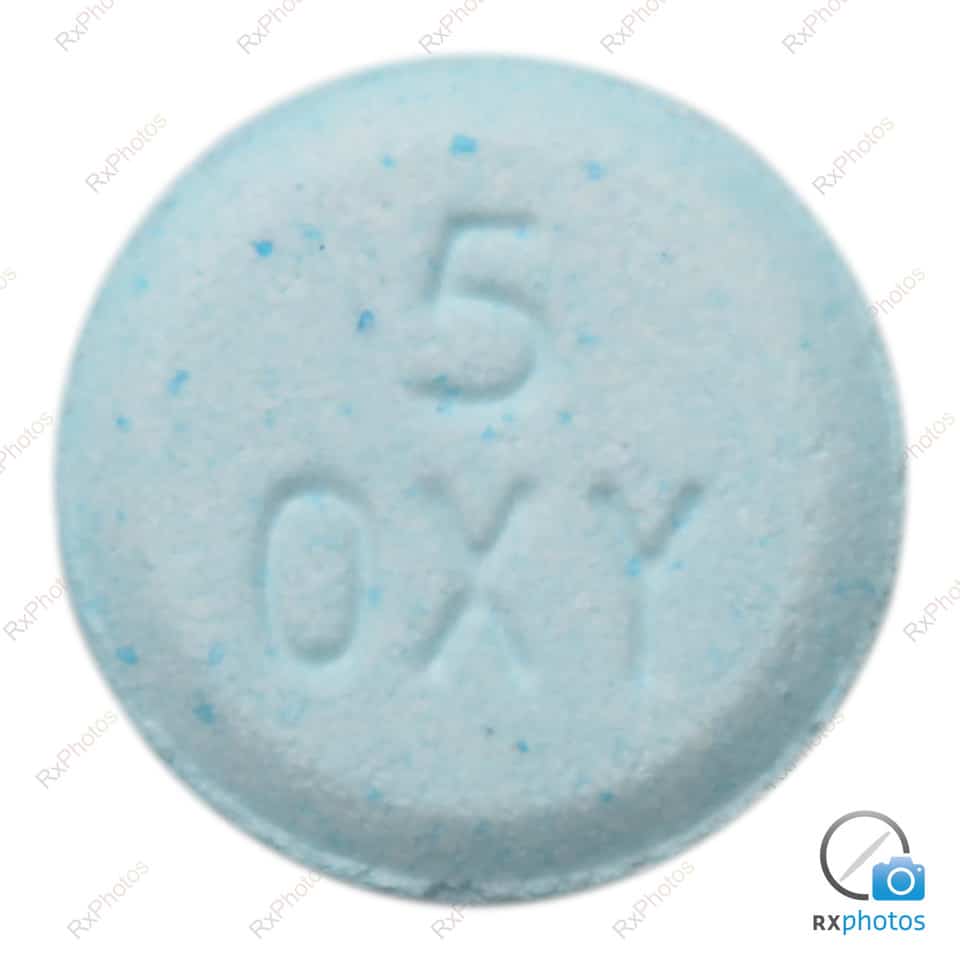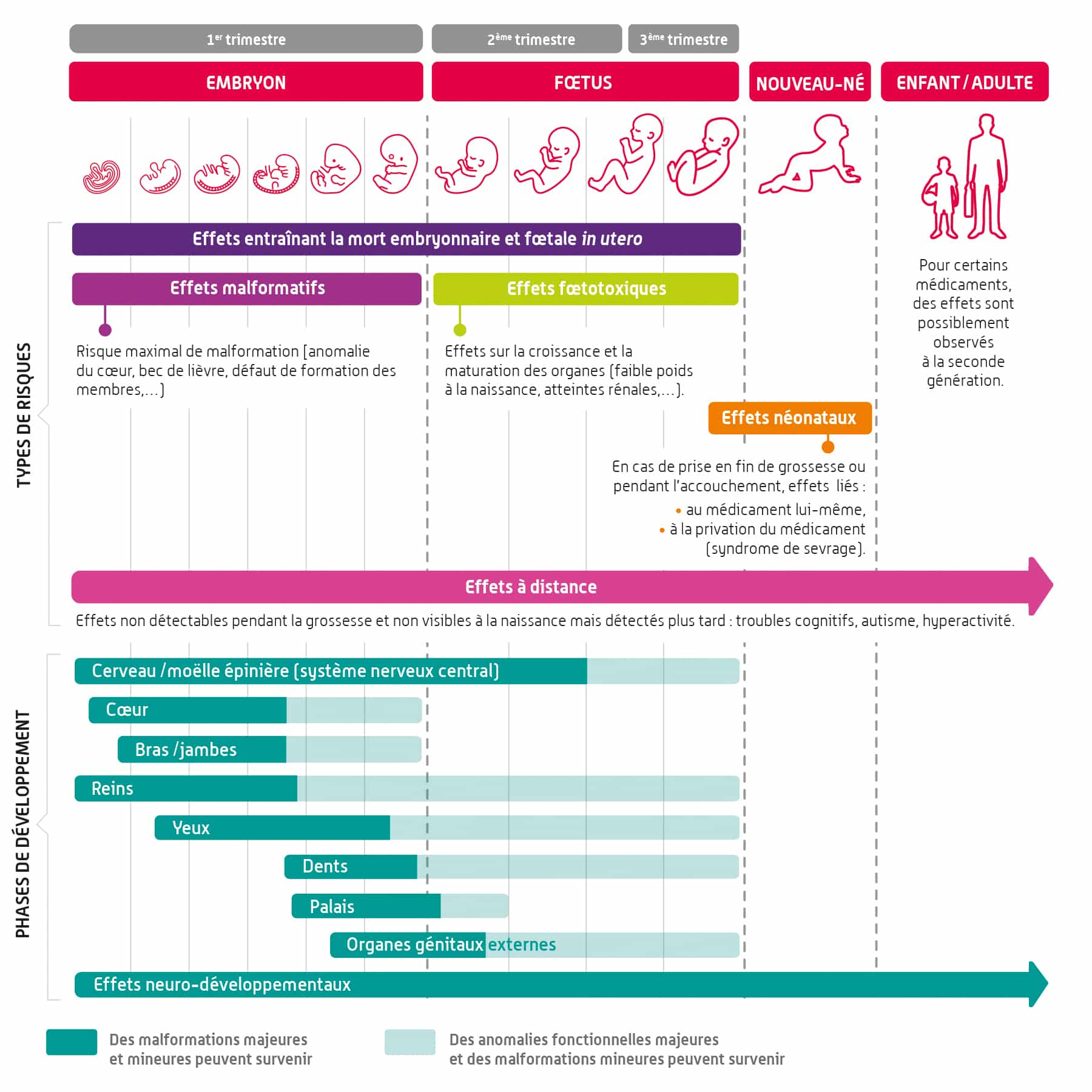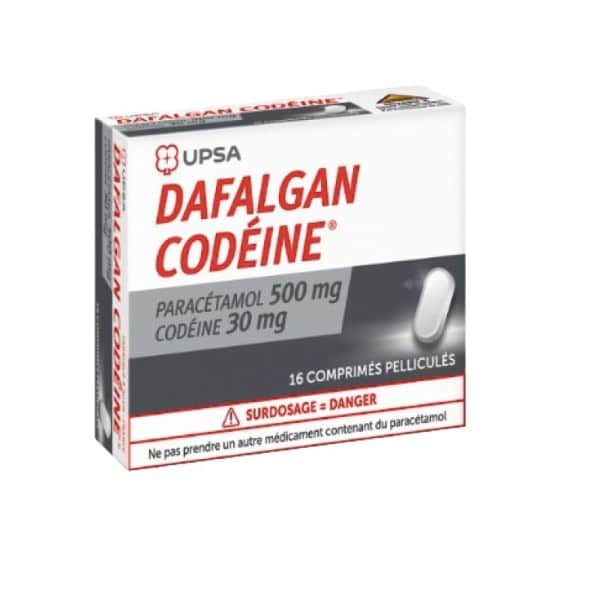The fight against cardiovascular disease often involves managing cholesterol levels in the blood. At the heart of this approach, drugs called statins, such as simvastatin, play a crucial role in reducing the rate of LDL cholesterol, often referred to as “bad cholesterol”. This treatment is prescribed to help prevent cardiovascular events in patients at increased risk. However, the use of simvastatin is not without risks. Many patients may experience side effects, including muscle pain and physical weakness, which can sometimes lead to more serious complications such as rhabdomyolysis. The general state of health of the patient, as well as any possible contraindications, must be carefully evaluated before initiating treatment. Additionally, interactions with other medications can potentially make these side effects worse. Because of these considerations, proper medical prescribing is essential to maximize the benefits of simvastatin while minimizing the associated risks.

Simvastatin is a medication widely prescribed to treat hypercholesterolemia, which is high levels of cholesterol in the blood. Its main function is to reduce the total cholesterol and specifically to reduce the LDL-cholesterol, often referred to as “bad” cholesterol. These properties make it an ally of choice in the prevention of cardiovascular diseases. However, its use is not without risks, and it is essential to understand the side effects as well as the contraindications associated with this treatment.
Side effects of simvastatin
As with many medicines, simvastatin can cause side effects. Identifying these effects is crucial for patients and healthcare professionals to prevent serious complications. Side effects may vary depending on dosage, duration of treatment and individual sensitivity to the drug.
The most common side effects involve the muscular system. Patients may experience muscle pain, a muscle weakness or even cramps. These manifestations may be a sign of myopathy, a condition that affects the muscles. In rare cases, a rhabdomyolysis, a potentially serious muscle breakdown, can develop. This can lead to severe kidney damage, requiring urgent medical attention.
In addition to muscular effects, simvastatin can cause effects on the nervous system. Disorders like depression, THE sleep disorders or episodes of nightmares are reported by some patients. Furthermore, a blurred vision has sometimes been observed, which may raise concerns among users of this medication.
Another important side effect to consider is the elevation of liver enzymes. This indicates possible liver damage. Patients taking simvastatin should therefore have their liver function checked regularly to prevent serious complications. Increased monitoring is also recommended when the medication is taken in combination with other treatments likely to increase this risk.
Specific contraindications to simvastatin
Simvastatin is contraindicated in several clinical situations. Its use is strictly not recommended in patients who present with galactose intolerance or a lactase deficiency. These conditions can cause severe digestive complications.
It is also essential to avoid prescribing simvastatin in patients with active liver disease or a persistent elevation of liver enzymes. Using this medicine could make their condition worse. Likewise, in the event of pregnancy or breastfeeding, it is imperative to explore other therapeutic options to guarantee the safety of the fetus or newborn.
The risk of side effects increases when simvastatin is combined with other medicines, including certain antifungals, antibiotics or antivirals. These interactions may increase the concentration of simvastatin in the blood, increasing the potential for adverse reactions, including muscle effects.
It is therefore essential for the practitioner to carry out a thorough examination of current treatments, medical history, and possible allergies, in order to establish a personalized and safe assessment. Additionally, patients are encouraged to inform their doctor of any current medications, whether prescription or over-the-counter.
Medical monitoring and precautions to take
Medical monitoring is essential when prescribing simvastatin. Regular liver function tests and monitoring tests for cholesterol levels are recommended, especially during the first weeks of treatment. This not only makes it possible to evaluate the effectiveness of the treatment, but also to detect possible adverse effects at an early stage.
Patients should be informed of warning signs to watch for, including unusual muscle pain, fatigue, or liver symptoms such as jaundice. If these symptoms appear, it is crucial to consult a healthcare professional quickly.
Finally, lifestyle management, including a balanced diet and regular physical activity, remains an important pillar in the fight against hypercholesterolemia. Simvastatin should be considered as a treatment aid, not a one-stop solution. A comprehensive approach will ensure optimal results for the patient.
For more information, you can consult the information notices available at ANSM Or Vidal%2C%20diab%C3%A8te). You can also find helpful resources on drug effectiveness and interactions at BcbDexther or on Cleveland Clinic.

Simvastatin FAQs
What are the side effects of simvastatin? Common side effects associated with simvastatin include: muscle pain, from the muscle weakness, of the muscle cramps, and allergic reactions.
Can simvastatin cause muscle problems? Yes, this medicine can cause muscle abnormalities, notably a myopathy, which manifests itself as pain or muscle weakness.
Who should not take simvastatin? The use of simvastatin is not recommended in patients with galactose intolerance, A d Lapp lactase deficiency, or pre-existing muscle diseases.
What are the contraindications of simvastatin? The main contraindications include hypersensitivity to the components of the medication, active liver disease, and simultaneous treatment with medications that increase the risk of rhabdomyolysis.
Does simvastatin have any drug interactions? Yes, it can interact with other medications, increasing the risk ofmuscle damage and of rhabdomyolysis.
What tests should be done before starting treatment with simvastatin? Before prescribing, it is advisable to carry out tests to assess the cholesterol and the liver enzymes.
How do I know if I am experiencing side effects from simvastatin? Watch for the appearance of muscle pain unusual, sensitivity or muscle weakness, and consult your doctor if symptoms occur.












